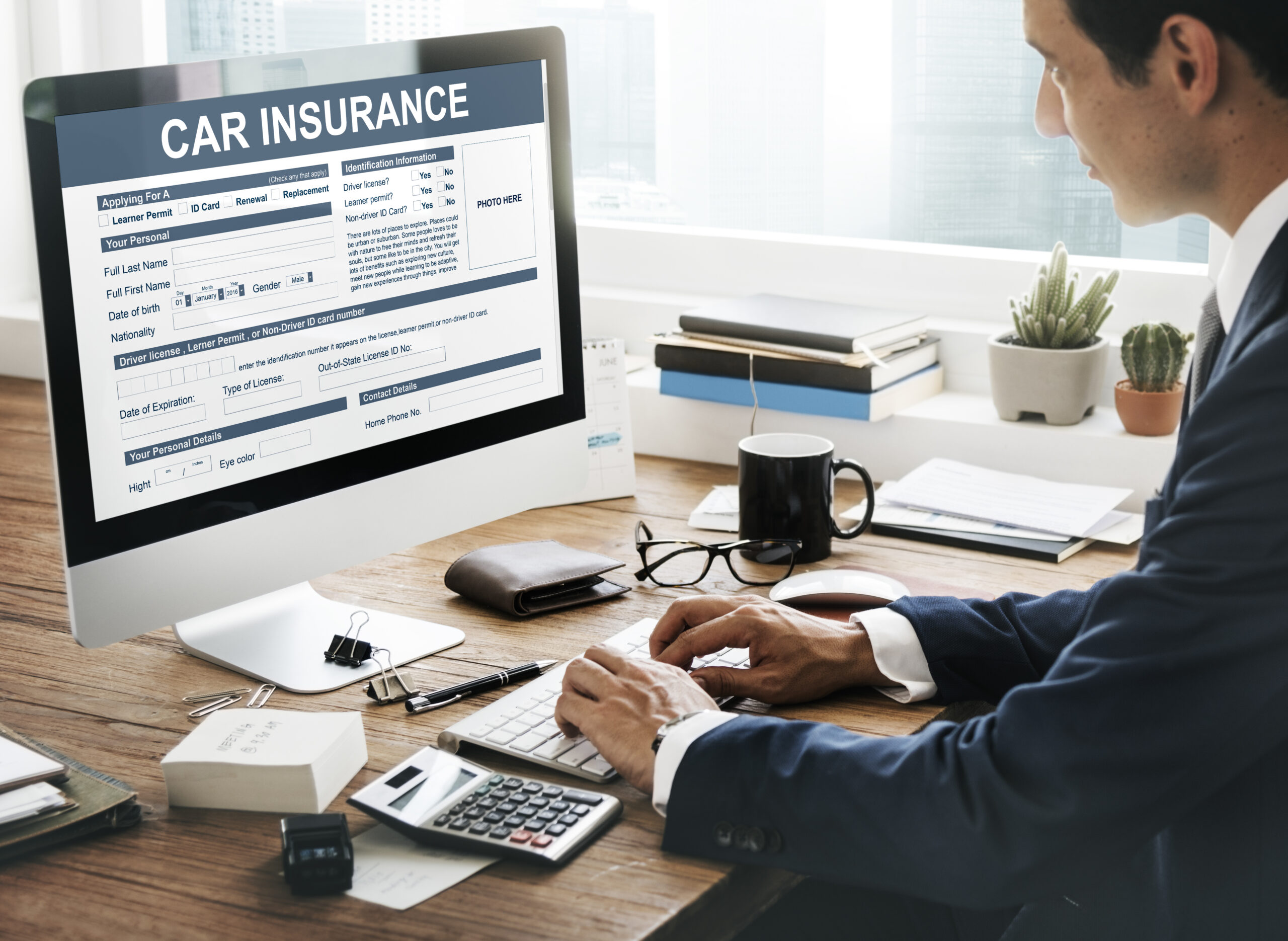When purchasing a second-hand or accident-damaged car in South Africa, one crucial aspect to consider is insurance coverage. Insurance provides financial protection in the event of accidents, theft, or damage to your vehicle. However, insuring a second-hand or accident-damaged car may present unique challenges compared to insuring a brand-new vehicle. Here are some factors to consider when assessing insurance options for second-hand or accident-damaged cars in South Africa.
- Understand the Insurance Categories: Insurance companies in South Africa typically categorize vehicles into different groups based on factors such as age, condition, and damage history. These categories can include “new” vehicles, “used” vehicles, and “accident-damaged” vehicles. It’s important to know which category your car falls into, as it may affect the type of insurance coverage available to you.
- Determine the Coverage You Need: Evaluate the coverage options provided by insurance companies for second-hand or accident-damaged cars. Typical coverage options include comprehensive insurance, third-party, fire, and theft insurance, or third-party only insurance. Assess your specific needs and consider factors such as the car’s value, potential repair costs, and your personal financial situation to determine the level of coverage that suits you best.
- Research Insurance Providers: Conduct thorough research on different insurance providers in South Africa. Look for companies that specialize in insuring second-hand or accident-damaged cars. Read customer reviews, compare coverage options, and assess the reputation and financial stability of the insurance companies you are considering. It’s essential to choose a reputable provider that can effectively handle claims and provide quality customer service.
- Disclose Accurate Information: When applying for insurance, ensure you provide accurate and detailed information about the car’s condition, damage history, and any previous repairs. Failing to disclose relevant information could lead to complications during the claims process or even a denial of coverage. Honesty and transparency are key when dealing with insurance companies.
- Consider Specialized Insurance Options: For accident-damaged cars that have undergone repairs, you may consider specialized insurance options tailored to their unique circumstances. Some insurance providers offer “rebuild” or “reconditioned” insurance policies specifically designed for previously damaged vehicles. These policies take into account the specific repairs and modifications done to the car and can offer appropriate coverage.
- Obtain Professional Inspections and Valuations: Before finalizing your insurance coverage, consider getting a professional inspection and valuation of the car. This can help determine its true value, identify any hidden damage, and provide an accurate assessment of its insurability. Some insurance companies may require a valuation report to ensure the vehicle is adequately covered.
- Compare Insurance Quotes: Obtain quotes from multiple insurance providers to compare coverage options, premiums, deductibles, and terms and conditions. Consider both price and the extent of coverage offered. It’s important to strike a balance between affordability and sufficient coverage for your specific vehicle and needs.
- Understand Policy Exclusions: Carefully review the policy exclusions and limitations provided by insurance companies. Some insurers may have specific restrictions on coverage for certain types of second-hand or accident-damaged vehicles. Be aware of any restrictions on coverage for modified vehicles or limitations on coverage for pre-existing damage.
- Consider Add-On Coverage: Depending on your needs, you may want to consider add-on coverage options such as roadside assistance, car hire benefits, or personal accident cover. These additional coverages can provide extra peace of mind and protection in case of unforeseen circumstances.
- Seek Professional Advice: If you are unsure about insurance options for your second-hand or accident-damaged car, consider seeking advice from insurance brokers or agents who specialize in these types of vehicles. They can provide guidance, help you navigate the insurance market, and assist in finding the most suitable coverage for your specific situation.
When assessing insurance options for second-hand or accident-damaged cars in South Africa, thorough research, accurate disclosure, and understanding your specific coverage needs are essential. By following these tips and taking the time to evaluate different insurance providers and policies, you can find suitable coverage that protects your investment and gives you peace of mind on the road.











